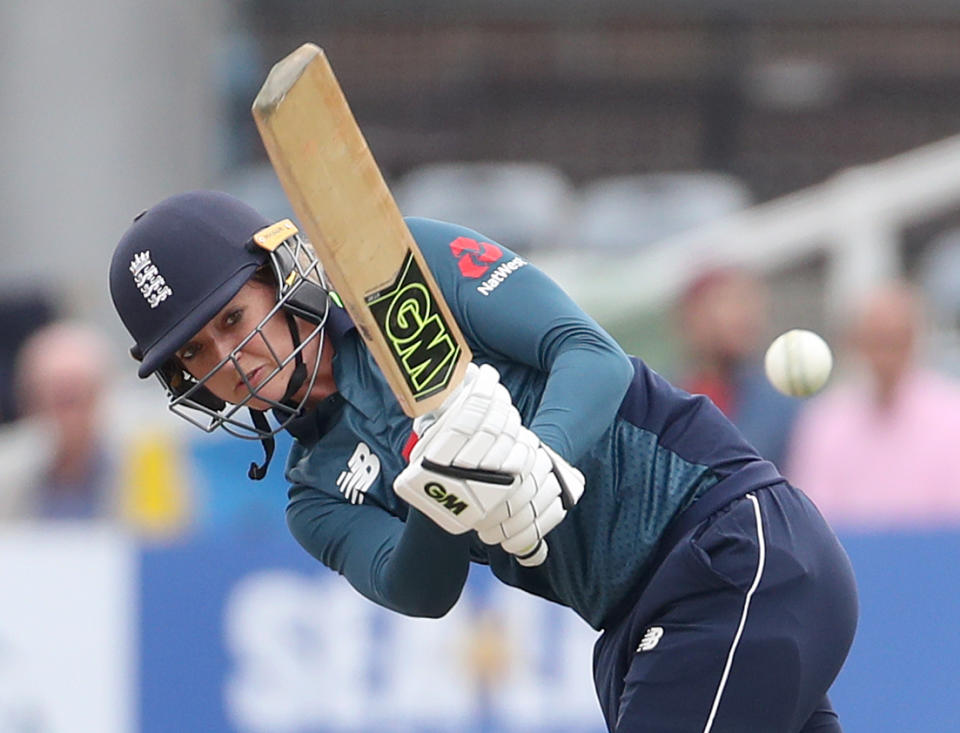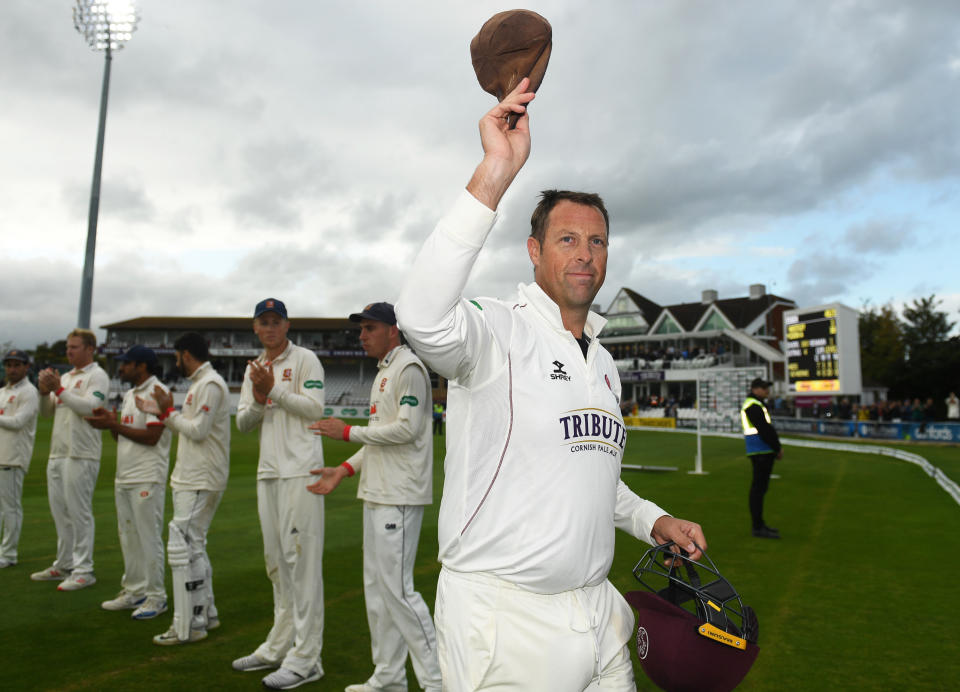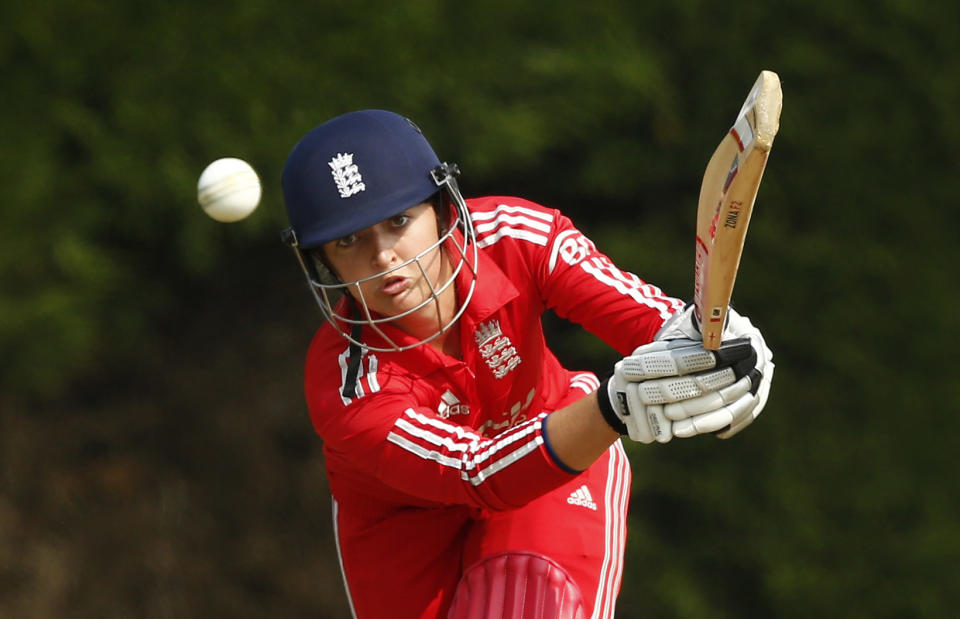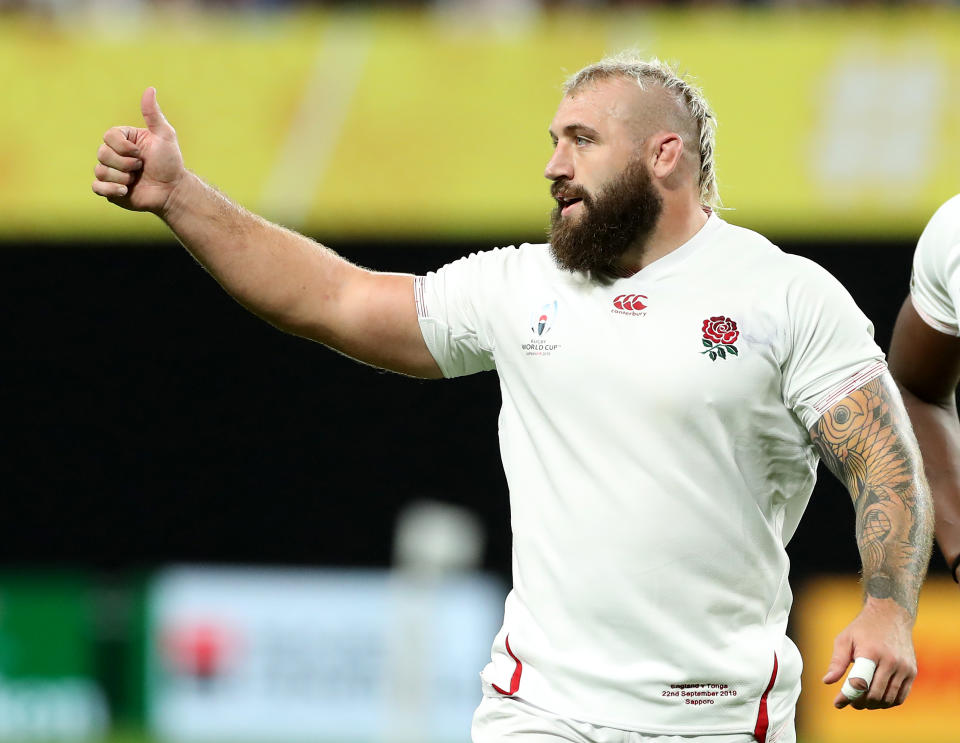Does Sarah Taylor's retirement show mental health in sport is better understood?

England’s World Cup-winning wicketkeeper Sarah Taylor announced her retirement on Friday as she battles anxiety.
Arguably the game’s best in her position at her peak, she played a pivotal role in England’s success but withdrew from games in order to focus on her mental health issues.
While the news is understandably difficult, the positive to come out from this is twofold. Firstly, that Taylor is comfortable enough to be honest about her decision, and secondly, that the response she has received from her teammates, fans and employers has been overwhelmingly supportive.
READ MORE: England wicketkeeper Sarah Taylor, 30, retires from international duty due to anxiety
Her retirement comes just days after Marcus Trescothick’s last professional cricket match. The former England batsman called time on the game at the age of 43, a full 13 years after he pulled out of England’s tour with India with mental health issues.
The immediate reason given for that withdrawal at the time was that he had a virus, but it later emerged that Trescothick was suffering from a stress-related illness when he asked not be considered for England’s ODI series with Pakistan later that year.

He then joined up with England at the end of 2006 in Australia for the 2006-07 Ashes series, but withdrew after two tour matches with a recurrence of his illness. Trescothick never played for England again, but continued to enjoy a long and successful career with his county, Somerset. He was very open about this battle in his autobiography Coming Back To Me.
The difference in public reaction to Taylor’s announcement and Trescothick in 2006 is to be noted. While Trescothick received support, there was also an underlying sentiment that he was, in some way, weak.

Go even further back, to Harold Gimblett, and the narrative becomes a far more blinkered and unwelcoming one. Gimblett held the record for most first-class centuries for Somerset until Trescothick broke it, but also suffered from anxiety and depression. He only spoke about it in the last few years of his life before killing himself in 1978.
‘You never want to see it, but you have to think they’re in a better place for being able to walk away’
Drewe Broughton is a former footballer, who now works as an elite performance coach with professional athletes. On Taylor’s retirement, he’s sceptical that the same decision could be made were it not for the greater understanding of mental health and its role in sport.
Broughton says: “It’s very possible she wouldn’t make that decision, or wouldn’t be allowed to make that decision. It’s likely she would roll up her sleeves, try to survive and stay afloat until the game called time on her, rather than the other way round”.
READ MORE: How to combat male loneliness
With that in mind, is it a good thing to see stories like Taylor’s more frequently if it means people are willing to be open about it?
“It’s a double-edged sword,” says Broughton. “It’s amazing when athletes have the courage to walk away. It’s tragic, but it’s courageous because that’s often the number one love in their lives. Long before they ever fall in love with another person, they fall in love with their sport. You never want to see it, but you have to think they’re in a better place for being able to walk away.”
Trescothick cited his decision to step away from the international game as one of the reasons he managed to play on for so long domestically, enjoying his cricket.
That hiatus from the game, a break from the pressures placed on an athlete at the highest level, can yield positive results.
The England rugby team, currently preparing for their next match at the 2019 World Cup in Japan, includes Joe Marler, who only returned to the squad setup in July of this year.

The loosehead prop is a complex and engaging character who retired from the international game in December 2018, highlighting mental fatigue from being away from his family for long periods (something very similar to Trescothick), but now feels he is equipped to deal with something he previously struggled with.
As Broughton points out: “A break from anything can allow you to find your truth, you might be able to come back afterwards, or you might find that’s it really not for you, but there’s a good chance it’ll bring you closer to your answer.”
READ MORE: Prince William documentary sparks important conversation about mental health and male suicide
Sophie Corlett, from mental health charity Mind, highlights the exceptional pressures placed on professional athletes.
‘If you are a disposable player in the club’s eyes then eventually it will be swept under the rug’
She says: “Anything from scoring runs, winning trophies, facing media scrutiny, meeting the high expectations of fans, and dealing with comments on social media could all contribute to worsening mental health. Even when at the top of their game, experiencing the highs and satisfaction of wins, sportspeople can be affected by problems like anxiety. But recovery is possible - with the right support.”
The issue of mental health in sport is certainly more visible than ever before. Earlier this year, the Duke of Cambridge engaged in a roundtable discussion with sporting heroes, including Thierry Henry, Gareth Southgate and Peter Crouch, about overcoming the most difficult moments in their careers by being open about what they were going through.
Former footballers such as Marvin Sordell, Danny Rose and Clarke Carlisle have also talked openly about the issues that they’ve faced.
In an interview with Yahoo Sport UK, Sordell spoke about the lack of support that still exists professionally, despite the greater awareness: “When I first spoke out about my struggles with my mental health I had a player contact me and he said he had been going through the same thing.
“If he came out with his story to the media it would make headline news and then it would be forgotten and he wouldn’t get a club again. So it wouldn’t be worth his time. If you are a disposable player in the club’s eyes then eventually it will be swept under the rug. That is what football is like.”

Taylor has already thanked her teammates and the English Cricket Board (ECB) for their support. This suggests that it’s not being swept under the rug, and any difficulty or sadness from hearing about a professional athlete suffering with a mental health illness is better understood.
Broughton points to one of the best teams in the world, the All Blacks, who brought in a coach to change their environment after they lost the No.1 world ranking. He says: “He created a culture where vulnerability and honesty are seen as the greatest strengths. They’re the biggest warriors in the world, but they are given the time to share, the time to talk and the time to listen.”
There’s every chance those same All Blacks will meet England’s Marler at some point in this World Cup, all at the peak of their powers thanks to the cultivation of an environment that has enabled them to pursue the sport they love.
Mind has a confidential information and support line, Mind Infoline, available on 0300 123 3393 (lines open 9am - 6pm, Monday – Friday)
CALM contact website: https://www.thecalmzone.net/
CALM Phone number: 0800 58 58 58

